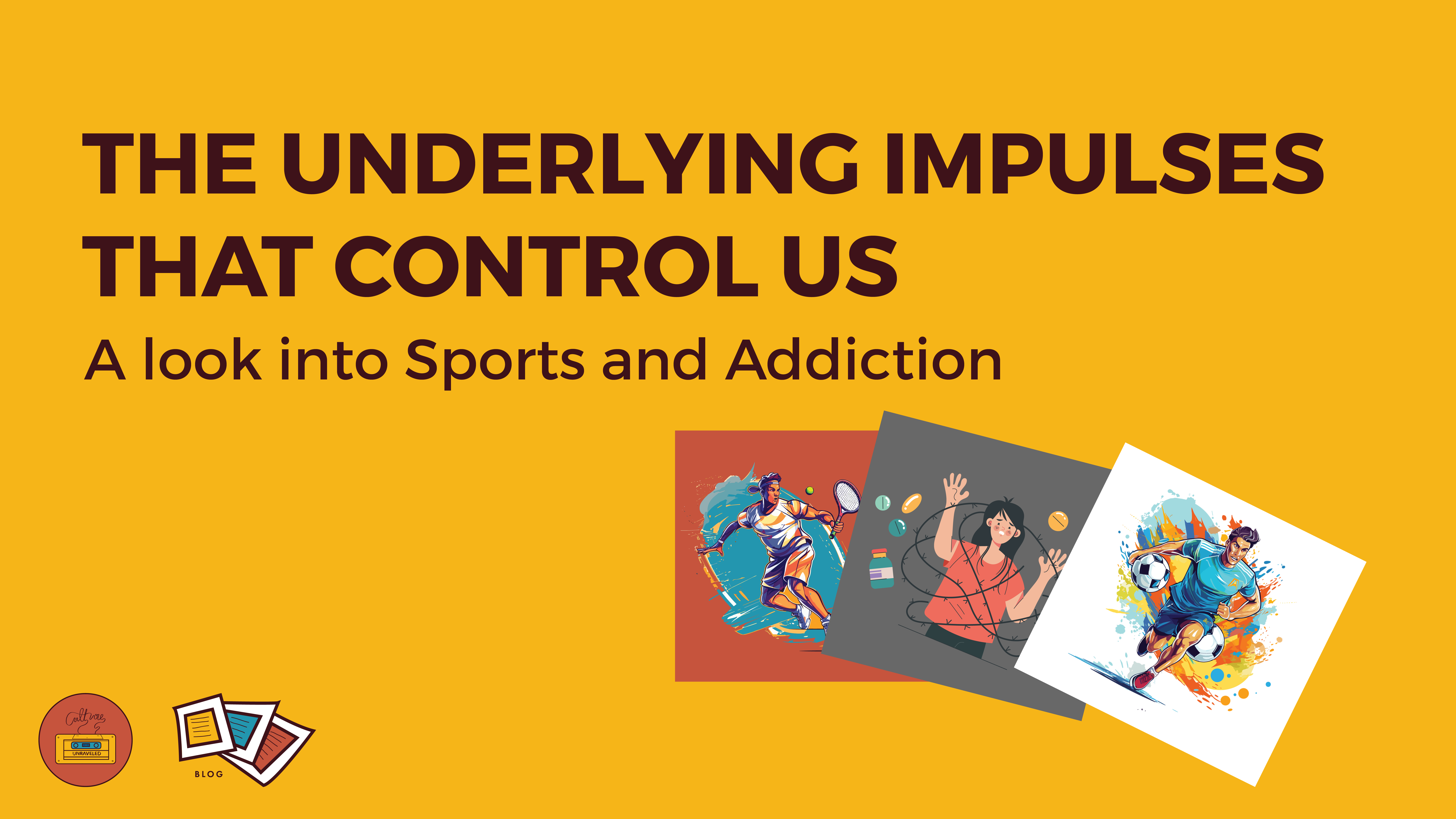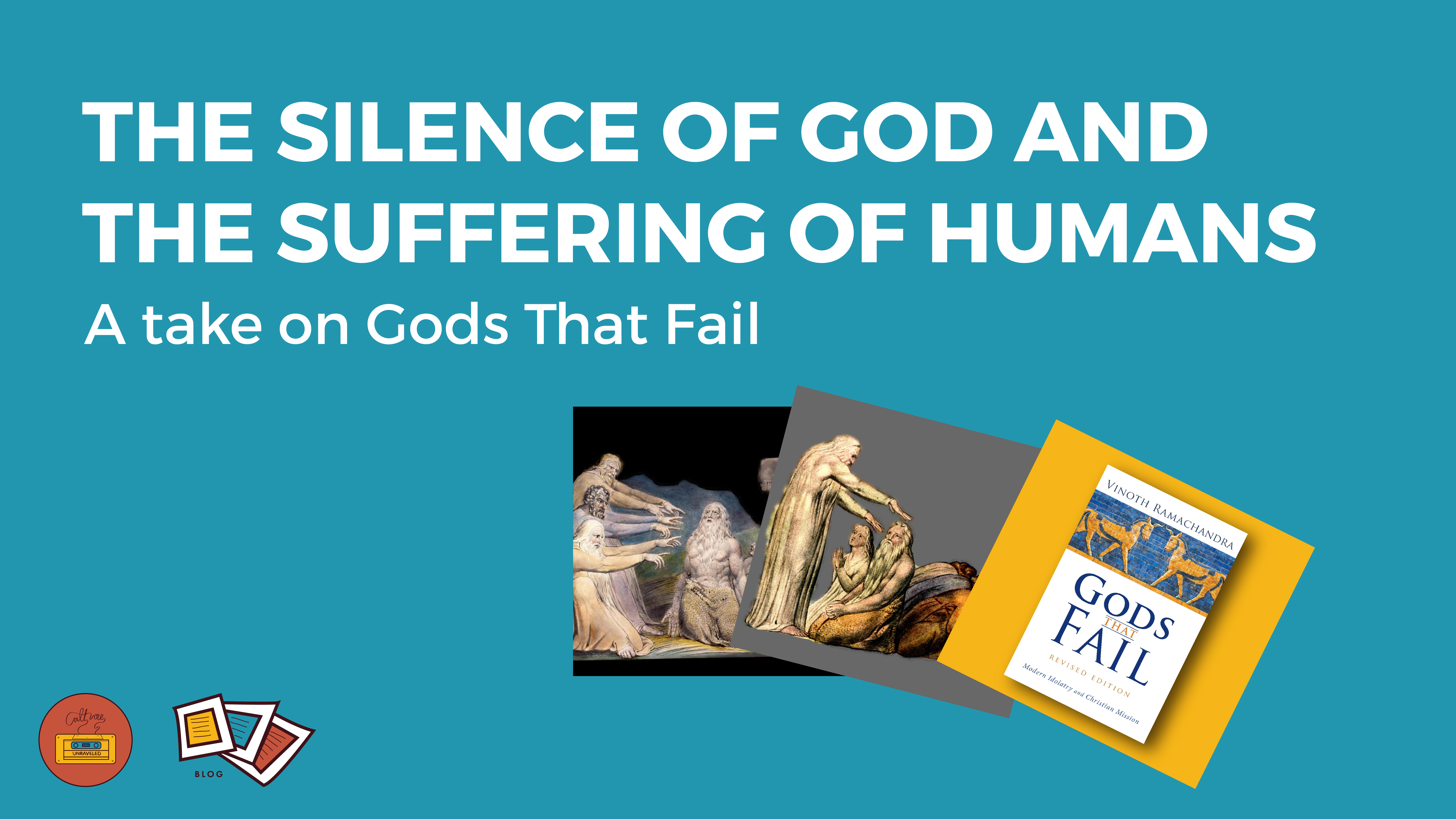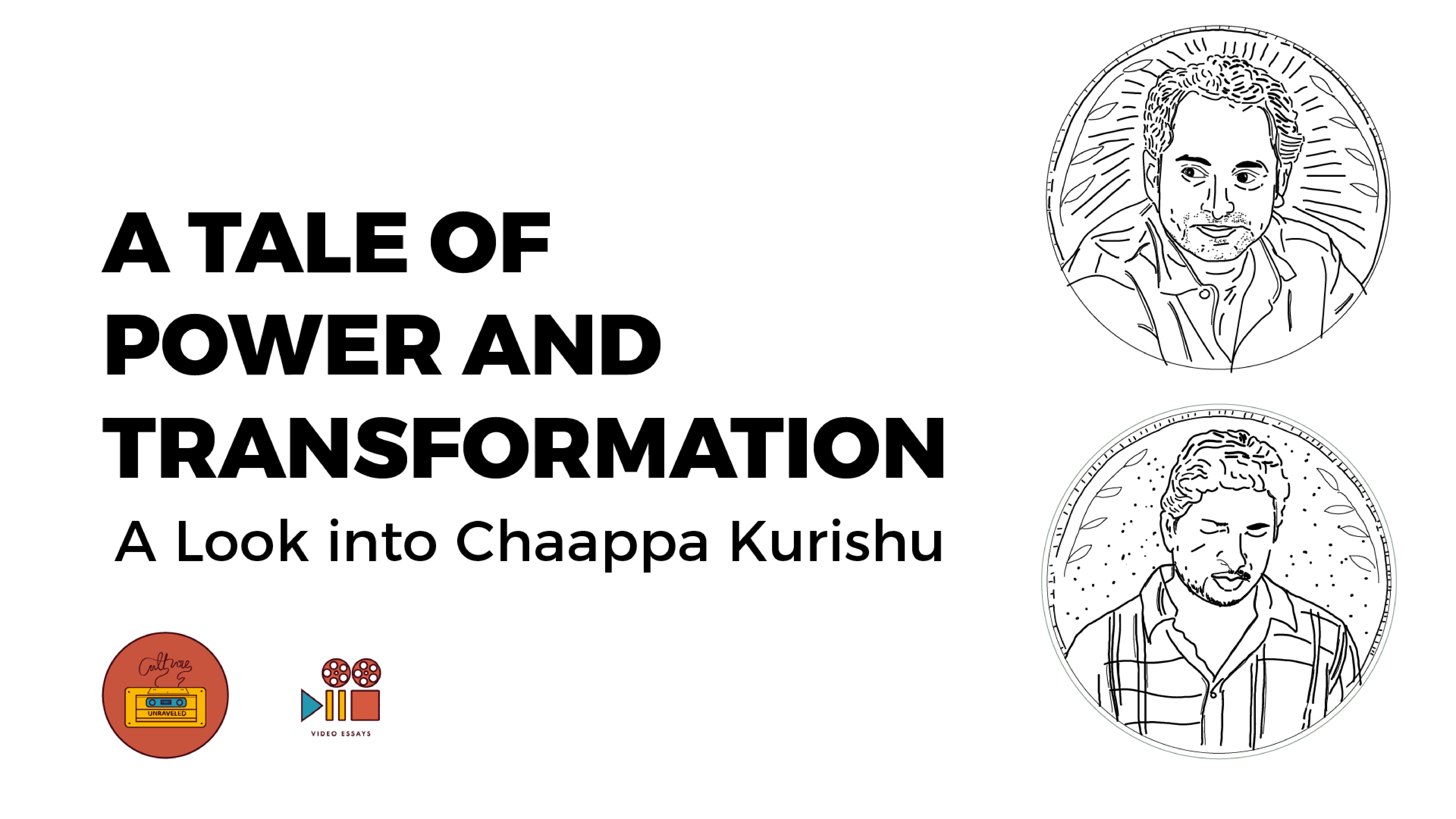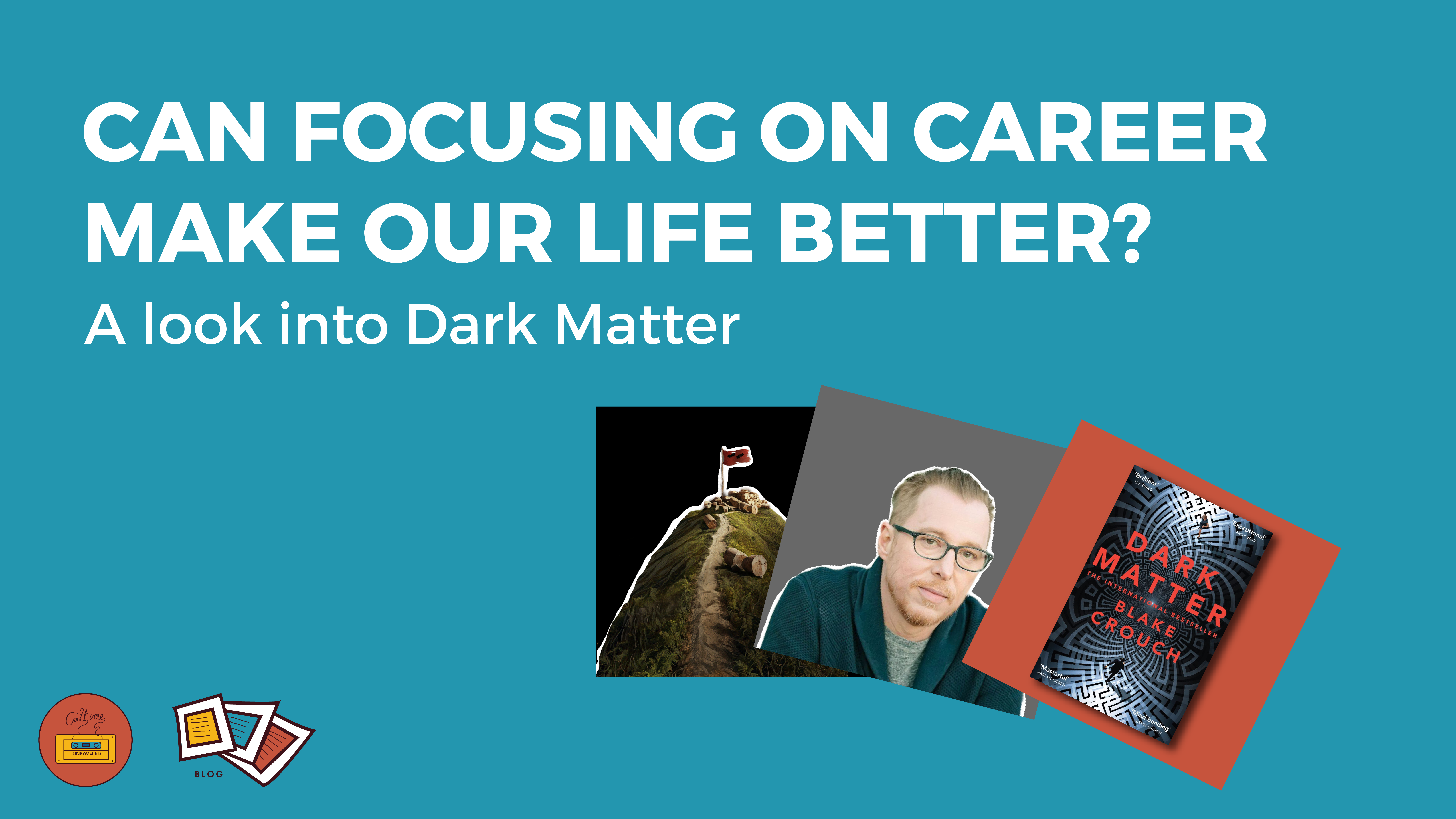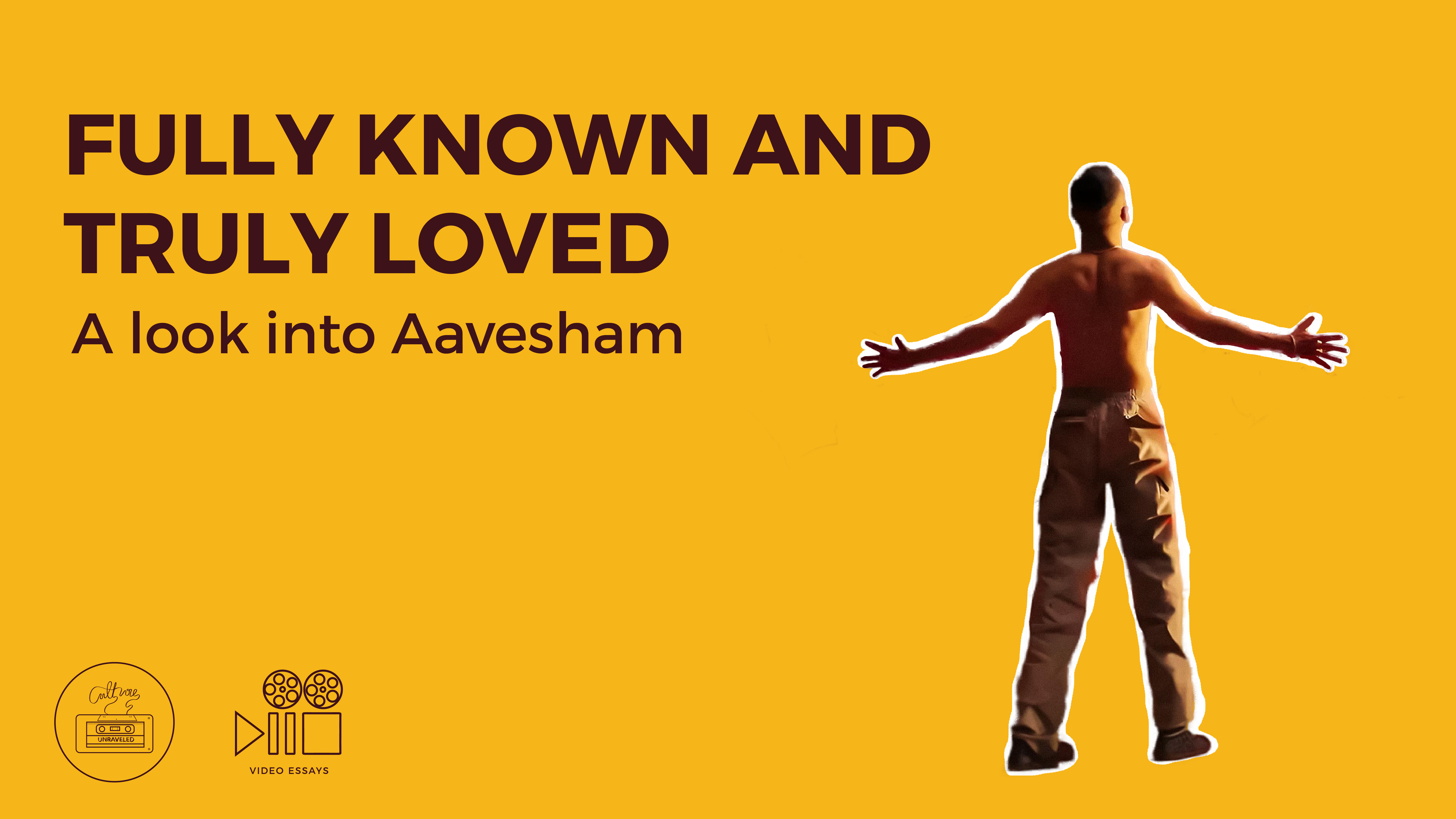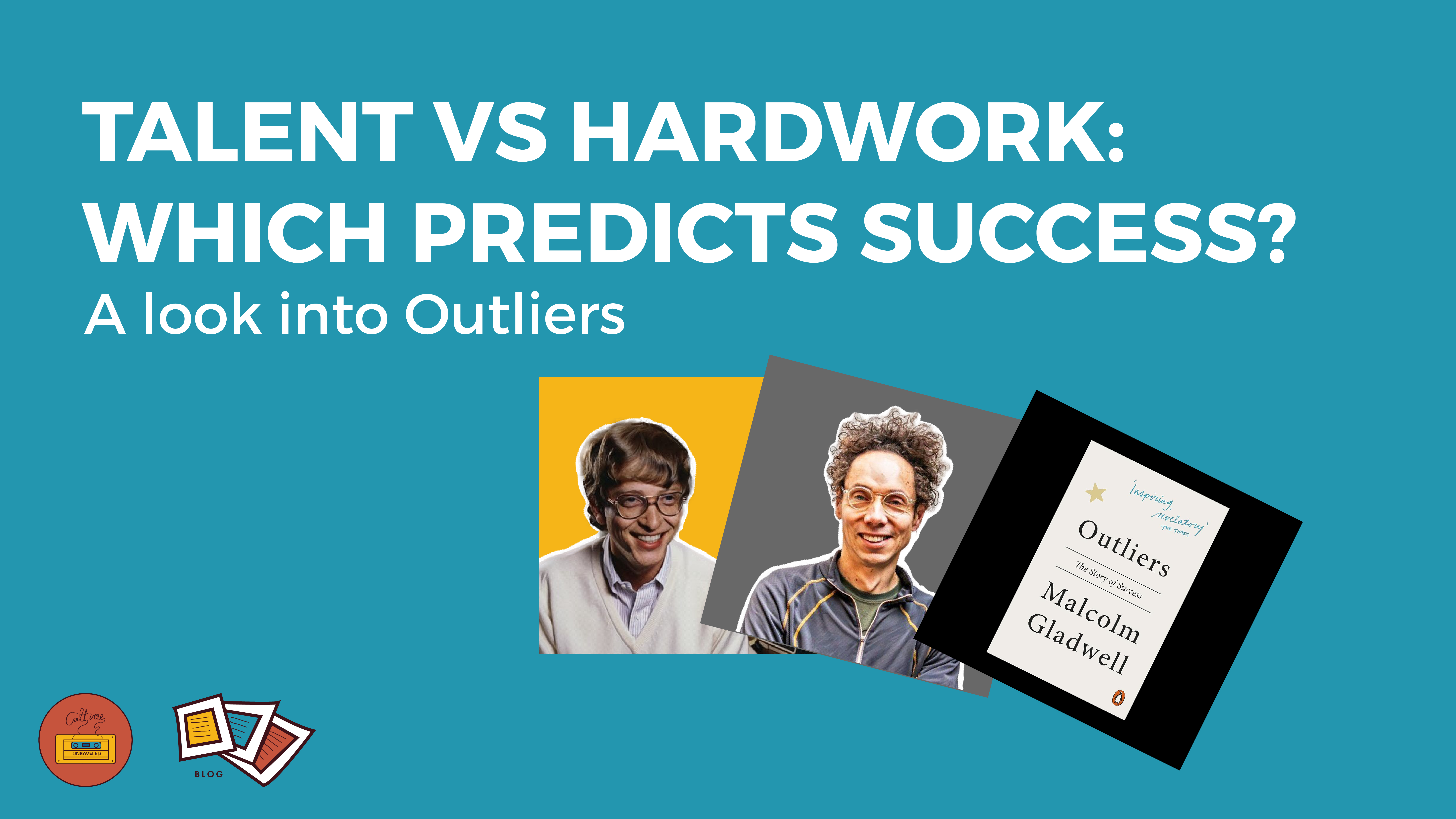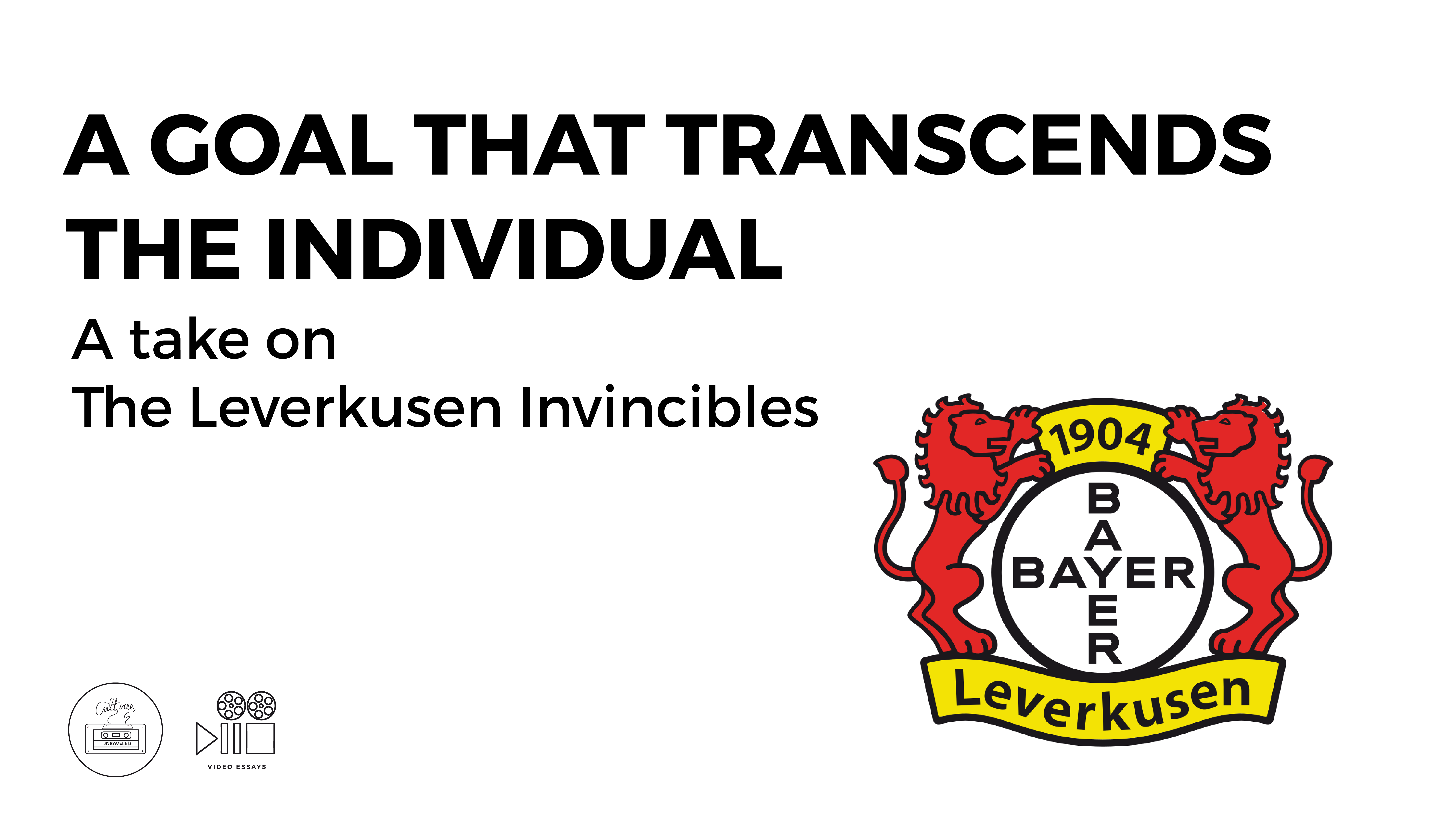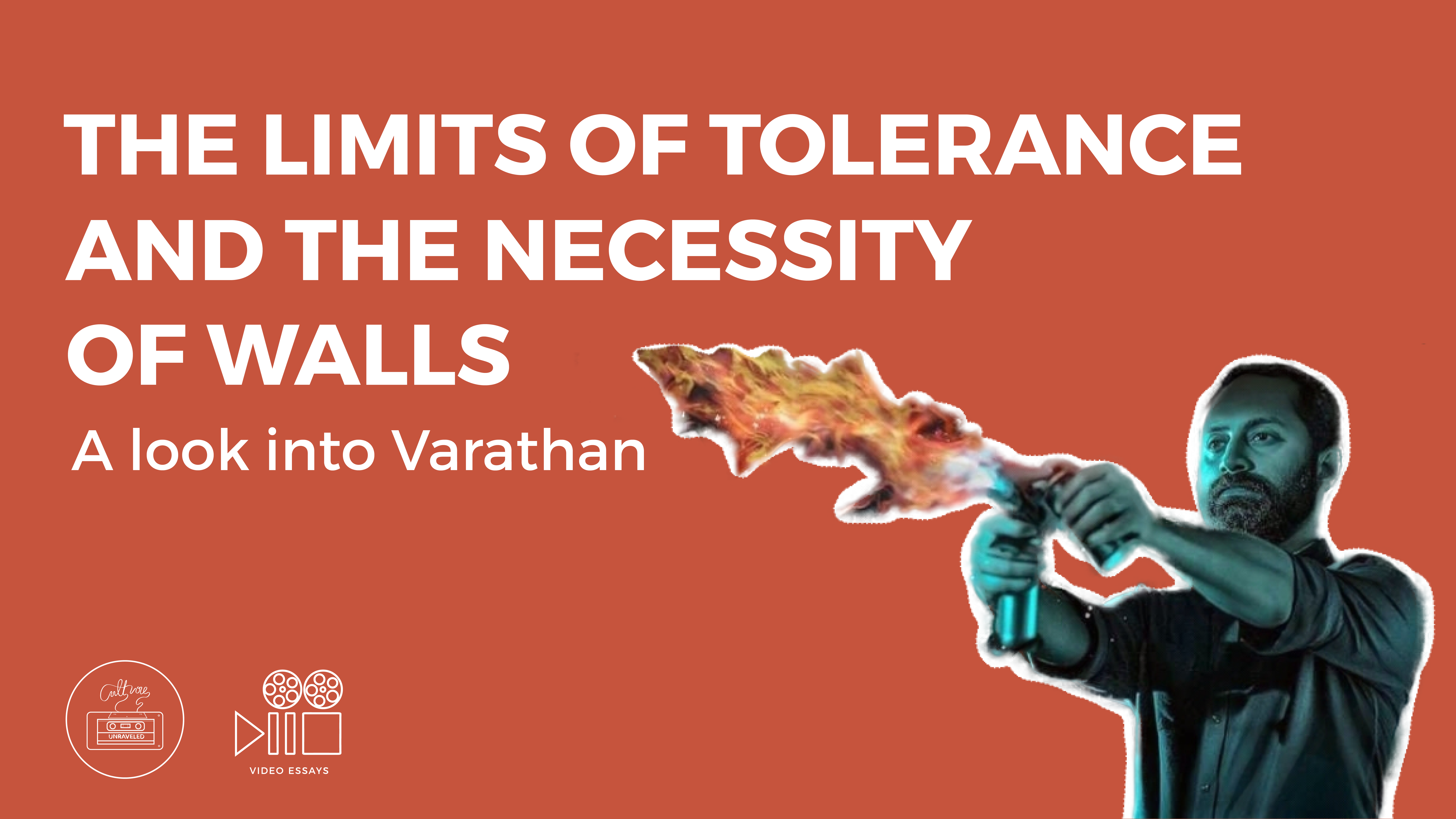
- What Strengths Do Women Have?
Indra Nooyi, PespiCo’s CEO, is celebrated as the leader who revolutionised the company’s approach to success with her eye for innovation and capacity to be strategically decisive. Harvard Business Review featured an article focusing on how she championed a design-led innovation that skyrocketed the company’s success. But what is even more striking was Nooyi’s style of making decisions, which contributed to the eventual growth and success of the company. Her attitude towards her employees, and her capacity to make strategic decisions gave her leadership style unparalleled uniqueness.
Are women like Indra Nooyi exceptions in our society, or are women generally good at leadership? As we celebrate Women’s Day this month, this would be an important question to think about, especially as it is concerned with the power women have in our society. Nooyi’s leadership style can shed light on how we think of women, and their power to contribute to our society’s well-being. Yet it would be useful to look at her unique capacities in light of Scripture’s constant reminder to us, that every woman (just like every man) is made in God’s image. Reflecting on this truth in relation to women like Nooyi would give us insight into how God empowered women as He created and redeemed them.
When we look into what makes Indra Nooyi a competent and powerful leader, we must take note of the idea that our cultural perceptions of what makes someone a good leader do not always align with Nooyi’s leadership style. In other words, characteristics such as social sensitivity and risk-awareness, which she often displayed, were culturally considered to be tendencies to be indecisive and cowardly.
Empathy was considered a weakness because giving equal space to everyone’s ideas and needs was often considered a tendency to please everyone. And pleasing people is not a CEO’s strong suit. But Nooyi’s leadership style, in which empathy reigned as a strength, created a culture in which this characteristic was celebrated instead of being sidelined as detrimental to good leadership. Likewise, her ability to be risk-aware when making strategic decisions, was often looked down upon as an inability to be courageous. Culturally, we appreciated risk-taking more than risk-alertness, as it showed the ability to meet one’s goals courageously. But Nooyi’s risk-alertness and patient strategizing, in which her employees had enough time to adapt to her leadership and innovation, gave the company incredible success.
While Nooyi’s leadership style is exceptionally good, she derives her power more by virtue of being a woman, and less as the CEO of a multinational company. In other words, every woman is gifted with the ability to be empathetic and risk-aware. Nooyi knew how to acknowledge them as her strengths and use them towards very specific goals.
When we look at what the Scriptures say about women, we see, on the very first pages, that God made man and woman in His image. And this basically means that He gave both men and women the power to partner with Him, and have dominion over all that He created. In light of this truth, Nooyi’s leadership capacities are not hers exclusively, although she had the ability to use them well for a specific purpose. Rather, they are one facet of the power that God gave women, as He made them in His image and commanded them to rule with Him.
Nooyi’s leadership turns our attention to the inherent value and capabilities that women have, which are immensely useful for the well-being of our society. Her success underscores the biblical truth that women, along with men, are called to be leaders in shaping societies and their culture. While Nooyi employed her gifts for what could bring her success in this world, we, as Christian women, are called to recognise our strengths and use them specifically for all the incredible things that God has called us to do. We are also called to partner with men to fulfil God’s purposes for this world. And to do these things, we can start by recognising our ability to be socially sensitive and risk-aware and creating a culture where both men and women uphold these characteristics as strengths. As we walk with God as women empowered by Him, it is possible that He will let us reflect Him in ways that are exceptionally unique and remarkably beneficial for our shared well-being.
- Where does goodness come from?
According to Hindu mythology, the story behind the festival, Holi, is one in which good triumphs over evil. Hiranyakashyap, a demon king, receives a gift from the gods that prevents him from dying in any way. Thinking he was invincible, he demanded that he ought to be worshipped. But his son, Prahlad, decides to give his devotion only to Lord Vishnu. Furious at his son’s decision, the king decides to kill him. He orders Prahlad’s aunt Holika to trick his son into sitting on a pyre with her. As she was immune to injury from fire, the idea was to kill Prahlad in the fire even as she remained unharmed. But Prahlad’s god, the lord Vishnu, saves him from being burned in the fire and instead lets Holika be burned to death, after which he kills Hiranyakashyap as well. Good triumphs over evil, and Hindus celebrate this victory over a Holika bonfire.
By depicting a sharp contrast between the goodness of Prahlad’s selfless devotion to Vishnu and the evil behind the demon-king’s egoistic self-desire, the story reveals the power and nature of goodness. It helps us understand what good is by contrasting it with evil. But how do we understand goodness when there’s a conflict between characters who are both good? Can we then understand what is truly good?
In Hindu mythology, we do see stories of good versus good, wherein characters who are both considered virtuous according to their own principles of goodness come into conflict. For instance, in the Mahabharata, the Pandavas and the Kauravas, despite being cousins and belonging to the same royal family, engage in a prolonged conflict. While the Pandavas are generally depicted as righteous, some of the Kauravas are also portrayed as noble and heroic figures. In this story, there are characters on both sides who embody different shades of goodness. These kinds of stories suggest that goodness is more complex than merely being in contrast with evil. So, how can we truly understand goodness?
In the Bible, we see that a good God made humans in His image, thereby making them creatures who have the capacity to reflect His good character. While this was so, humans rebelled against God as they took the freedom to disobey His command. Yet their rebellion does not stem from their desire for evil. Rather, it stemmed from their desire for good. When Eve looks at the forbidden fruit, she sees that it is good for food, good to look at, and good for wisdom. In fact, both Adam and Eve desire things such as sustenance, beauty, and wisdom, all of which are truly good. Yet their susceptibility to the devil’s deceit darkened their foolish hearts and led them to commit evil. Their disobedience stemmed from their belief that God was withholding the good they desired. But God, in His goodness, seeks them out, even in their disobedience. And the story leads up to Jesus, where we truly see the Father’s heart to give us everything good, even His own Son.
While the Garden of Eden narrative does not suggest that there was a conflict between God’s goodness and the goodness of Adam and Eve, it certainly sheds light on the conflict between the human desire for goodness and their total incapacity to reflect such goodness. In other words, it is a case of good vs. good, wherein there’s a conflict between our desire for goodness and the goodness of God’s character. The conflict begins with our own desire for good and deepens when we attempt to satisfy that desire by relying on everything other than God’s good character. It becomes a hard struggle to overcome as long as we place our desire for good things over our trust in God’s desire to give them to us. And we become rebellious children who do not understand the goodness of our Father’s heart. But when we put our trust in God’s character, it is only then that we will understand what is truly good.
As most Indians will soon celebrate Holi as a way to remember the triumph of good over evil, it would be good to remind ourselves that goodness is not merely a contrast to evil. In other words, our understanding of goodness must go deeper and stem from our trust in God’s character, rather than from the idea that its true nature is in its competition with evil. Our desire for goodness will be satisfied only as we trust God. In fact, if goodness rests in God’s character, then to understand what is truly good, we must look to Him, who is truly good.
- Moral Challenges of Video Game Culture
The esports industry is one of the biggest industries in the contemporary world. It has experienced exponential growth in recent years and has become a multi dollar industry, even rivalling traditional sports in terms of its fan base, revenue, and capacity to impact global culture. One of the most popular esports is Defense of the Ancients, popularly known as DotA. It has massive tournaments such as ‘The International’, and the events surrounding it attract millions of viewers. The intensity of competition in the game has made its players achieve celebrity-like status and incredible fame. Due to this, many people have developed an obsession for video games like never before and religiously indulge in them.
In light of the magnitude of the esports industry and its ability to impact our culture and people’s lifestyles, it is important to critically look at the impact video games have on those who play them. Is it morally wrong to play video games? A response to this question will not involve a yes or no. Rather, it involves an invitation to think critically about a cultural influence that is impactful yet has the potential to be harmful. Moreover, it does not include an anti-gaming or a pro-gaming stance, both of which are overreactions to this cultural issue.
Within the gaming industry, there are people who advocate for the potential benefits of playing video games. As they require cognitive skills such as problem-solving abilities, strategizing skills, and critical thinking skills, video games are often regarded as good for developing these skills in young people. Moreover, they also require the ability to make decisions, and pay attention to details. And most of them are designed in a way that requires social interaction, team-work, good communication skills, cooperation, and the ability to use one’s time and resources properly.
While playing video games has these potential benefits, it can also lead to addiction and a willful negligence of other responsibilities, damage physical health, and even lead to social isolation as players can neglect real-life social interactions and relationships. It can also interfere with sleep, work-performance, and emotional well-being, as most games require the players to engage in virtually aggressive and violent behaviour.
Due to the kind of impact that video games have, it is important to consider the kind of games that individuals indulge themselves in and the impact these games have on their individual well-being. While they do help players develop a sense of healthy competition and the skills to use their time and resources wisely, most of these games have adverse mental, psychological, and emotional effects that can be detrimental to an individual’s growth.
The cultural phenomenon of esports, especially people’s indulgence in video games, must be critically evaluated from a biblical perspective. While the Bible does not give explicit, non-negotiable commands on this issue, it does invite us to reflect on and evaluate the consequences of investing time in it. When the Bible is not clear on a specific issue, we ought to consider the wisdom it offers us for the decisions we must take regarding those issues. And when it comes to the issue of investing our time in playing video games, we must be able to discern how to be responsible with our time and energies as we indulge in them.
So, from a biblical perspective, the question of whether it is morally wrong to play video games does not have a black and white response. Rather, the Bible encourages us to exercise discernment and be responsible with our time and resources. As we are called to cultivate virtues such as self-control, discipline, and discernment, gamers must learn to responsibly use their time for their gaming habits.


